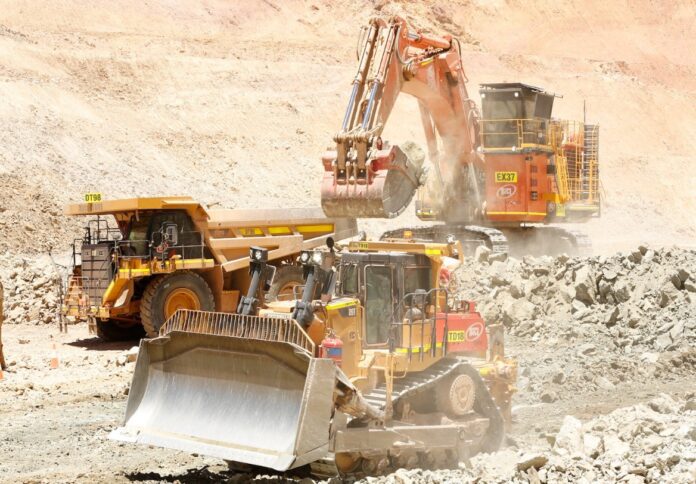
Australian engineering solutions company Global Road Technology and its Australian distribution partner TotalEnergies Marketing Australia have applauded the implementation of Queensland’s Code of Practice for reducing or eliminating exposure to crystalline silica dust.
Beginning 1 May, the managing respirable crystalline silica dust exposure regulations will be implemented to protect workers from exposure to this deadly substance in a variety of industries, including construction, mining, and manufacturing.
In a press release, GRT revealed that the new Code of Practice will place emphasis on dust control techniques including water suppression and on-tool dust extraction that stop silica dust from being created or released into the air.
“Global Road Technology applauds the commencement this week of the new Code of Practice in Queensland as it aligns with our entire philosophy as a business to eliminate the spread of particulate pollution,” GRT CEO Troy Adams said.
According to Adams, this news follows the company’s recent partnership announcement with TotalEnergies Marketing Australia, which sees them provide a range of GRT’s environmentally safe, sustainable, and cutting-edge dust suppression products.
The GRT CEO added that this news is a further demonstration of the impacted companies’ growing awareness of the dangers of particulate pollution and their need to work with partners to address this issue for the safety of their employees.
“We are actively working with TotalEnergies Marketing Australia to educate the resource sector in Queensland around ways to reduce particulate pollution and showcase how the relevant GRT products like our autonomous SMART Dosing Units (Sustainable, Mining, Autonomously, Reporting Technology) that use data and automation can suppress the spread of dust,” Adams explained.
The company further detailed that its range of technologies and processes are intended to reduce dust pollution caused by onsite industrial activity such as drilling and prevent it from moving over the site and into surrounding neighbourhoods.
Andrew Druwitt, national mining manager for Total Energies Australia, pointed out that the start of the Code of Practice marks an important turning point for not only the Queensland mining sector but also for the entire nation.
“TotalEnergies Australia is seeking to build industry awareness around the dangers of dust pollution and provide businesses a turnkey solution to help the mining industry in particular to reduce particulate pollution,” he said.
Druwitt also expressed his excitement to be partnering with GRT to educate Australian industry about the best way to manage this problem, while protecting workers and communities across the country.
“This Code of Practice showcases the growing awareness about the dangers of particulate pollution caused by elements like respirable crystalline silica dust to workers and communities,” he concluded.



















